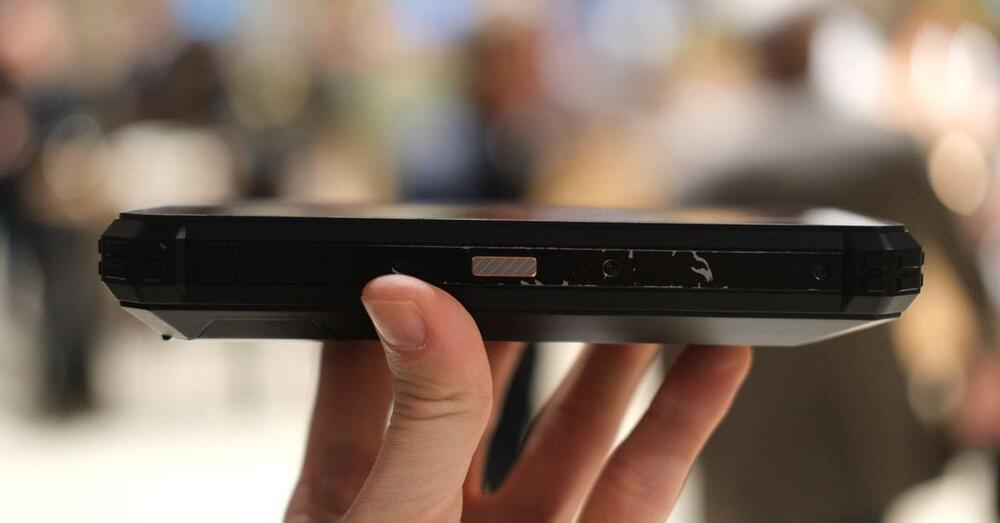Real-Time Artist and Unreal Engine specialist Ayoub Attache, known to many for his jaw-dropping experiments with Epic Games’ game creation tool, has once again blurred the line between the digital realm and real life with a brand-new project.
This time, he has developed an incredible setup for simulating earthquakes in Unreal Engine 5 by simply shaking a smartphone attached to a cutting board surrounded by RC car shock absorbers, which mimic the ground’s movement. The shaking data, including acceleration and gyroscope readings, is then sent via a UDP server straight to Unreal Engine, where it simulates an earthquake affecting a construction site.






